Are you an aspiring poet or do you just love reading poetry?
Every good poet reads as much as they write. In order to gain a wide perspective, you need to read a variety of different famous works.
While the inspiration for one’s work may come from personal experiences, reading poems written by famous, talented writers is a great, valuable education and may influence and inspire you to create a new amazing work.
There is no one better to learn from than the great masters themselves.
Here is a list of famous poetry books every poet and poetry lover should read.
Shakespeare’s sonnets
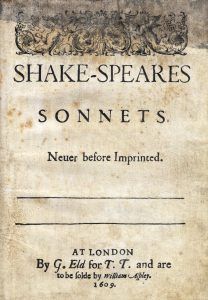
Shakespeare’s Sonnets
With an impressive array of comedies, tragedies, histories, and romances that are still performed and adapted on stages throughout the world today, Shakespeare is arguably one of the most influential writers of English literature of all time. His sonnets are just as rich and complex as his plays and are essential reading. With the first 126 poems addressing the “fair youth” and the last 28 addressing the “dark lady,” the collection of poems is just as dynamic as the individual sonnets themselves, and the poems are served by reading them together.
The sonnets, each made up of three quatrains and a couplet and written in iambic pentameter, present a problem that is resolved or reconsidered in the poem’s closing lines. Shakespeare’s sonnets reveal how a single structure can produce a wide variety of thematic explorations and can serve rather than confine the poet.
The Complete Poems of Emily Dickinson
 A recluse during her life, Emily Dickinson produced dozens of poems, most of which were not published until after her death. Dickinson’s poems deal with themes of death, Christianity, love, and nature. She wrote in a somewhat unusual manner, punctuating lines of her poetry with dashes. This uniquely Dickensian punctuation urges the reader to linger for a moment over a line or phrase and consider how it relates to what comes after.
A recluse during her life, Emily Dickinson produced dozens of poems, most of which were not published until after her death. Dickinson’s poems deal with themes of death, Christianity, love, and nature. She wrote in a somewhat unusual manner, punctuating lines of her poetry with dashes. This uniquely Dickensian punctuation urges the reader to linger for a moment over a line or phrase and consider how it relates to what comes after.
The aspiring poet can learn from Dickinson the way that words are not the only building blocks of a poem–punctuation can be just as important. Punctuation choices should be made purposefully and thoughtfully, and experimentation with punctuation can allow poets to explore and develop their own style.
Norton Anthology of Modern and Contemporary Poetry
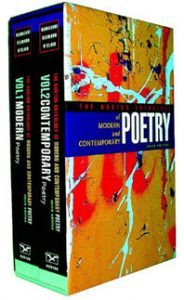 This Norton anthology includes a wide range of poets to read, from Walt Whitman to William Carlos Williams to Elizabeth Bishop. This anthology, however, is essential reading due to the variety of modernist poetry it offers. At the heart of modernist poetry is experimentation, doing what has not been done before and questioning old conventions in a changing and modernizing world.
This Norton anthology includes a wide range of poets to read, from Walt Whitman to William Carlos Williams to Elizabeth Bishop. This anthology, however, is essential reading due to the variety of modernist poetry it offers. At the heart of modernist poetry is experimentation, doing what has not been done before and questioning old conventions in a changing and modernizing world.
Eliot and Hughes are two poets whose works might be especially edifying for someone interested in writing poetry themselves. T.S. Eliot’s “The Wasteland” incorporates a variety of voices and artistic influences to express disillusionment, and Langston Hughes’s Harlem Renaissance jazz poetry takes inspiration from jazz music of his time. These writers, in their own distinct ways, used artistic or cultural influences to make new art that says something new. The experimental spirit of modernist literature encourages engagement with art and culture while also promoting innovation.
Pablo Neruda’s Love Poetry
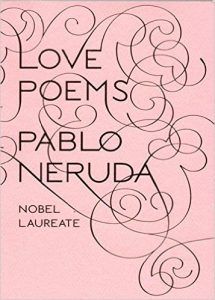 Poetry is often the literary medium writers turn to when they’re moved or inspired by love. Love poetry can at times be overwrought or cheapened, disservicing the feeling the poet wishes to write about. Nobel Prize winner Pablo Neruda’s collections Love Poetry and Love Sonnets provide strong examples of poems that do justice to the feelings being described. The Essential Neruda gives a more complete survey of Neruda’s works.
Poetry is often the literary medium writers turn to when they’re moved or inspired by love. Love poetry can at times be overwrought or cheapened, disservicing the feeling the poet wishes to write about. Nobel Prize winner Pablo Neruda’s collections Love Poetry and Love Sonnets provide strong examples of poems that do justice to the feelings being described. The Essential Neruda gives a more complete survey of Neruda’s works.
These poetry collections are valuable reads for any poet, but poets should also keep in mind that reading a diversity of poems–those written in a variety of eras, in a variety of styles, and by a variety of poets differing in gender, race, sexuality, and nationality–allows for the most complete understanding of the state of poetry in the world today.
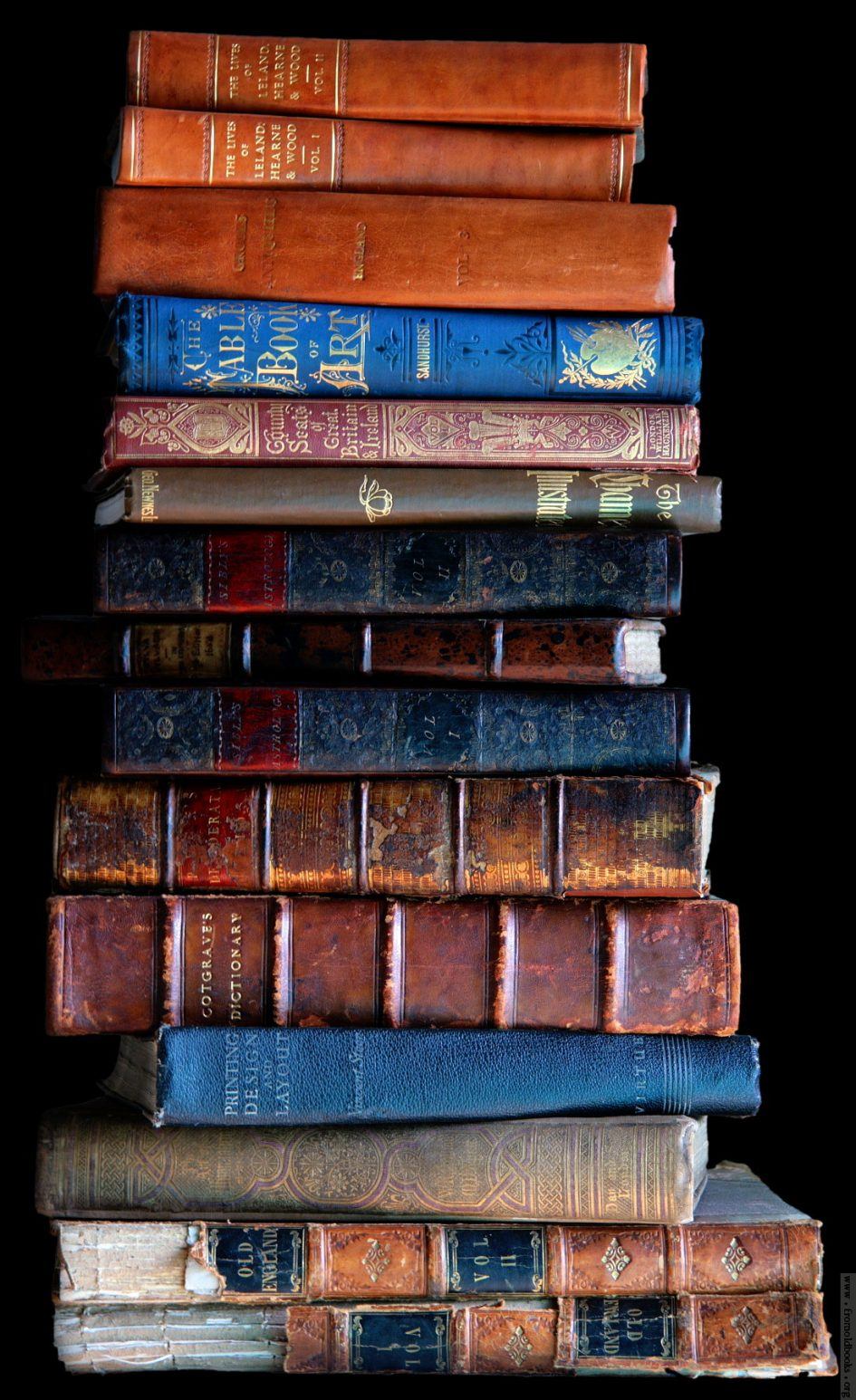
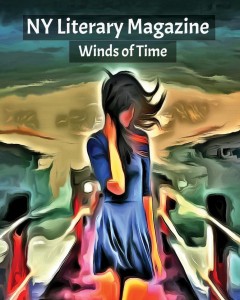
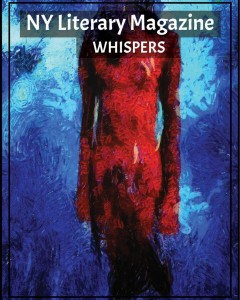
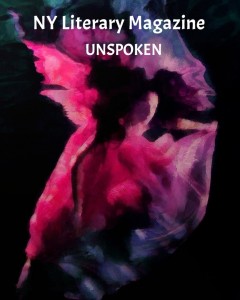
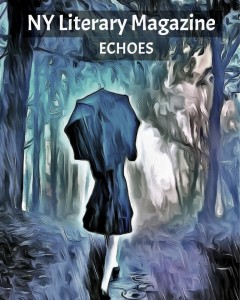
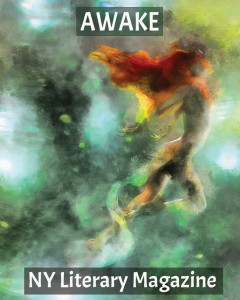
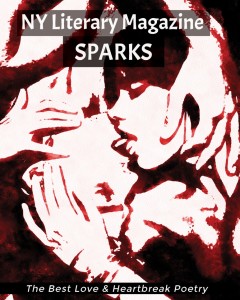
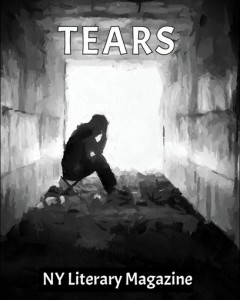
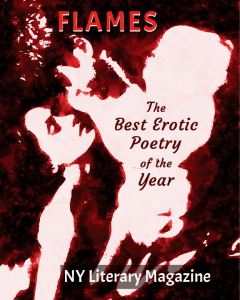

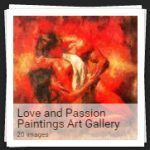
Leave a Reply
You must be logged in to post a comment.